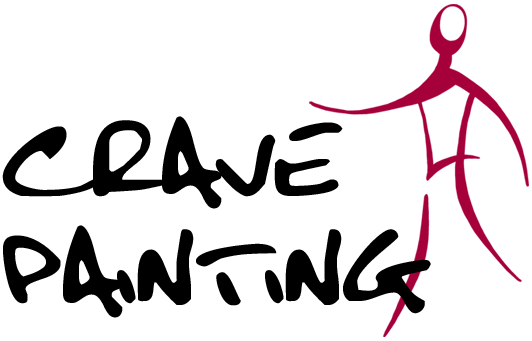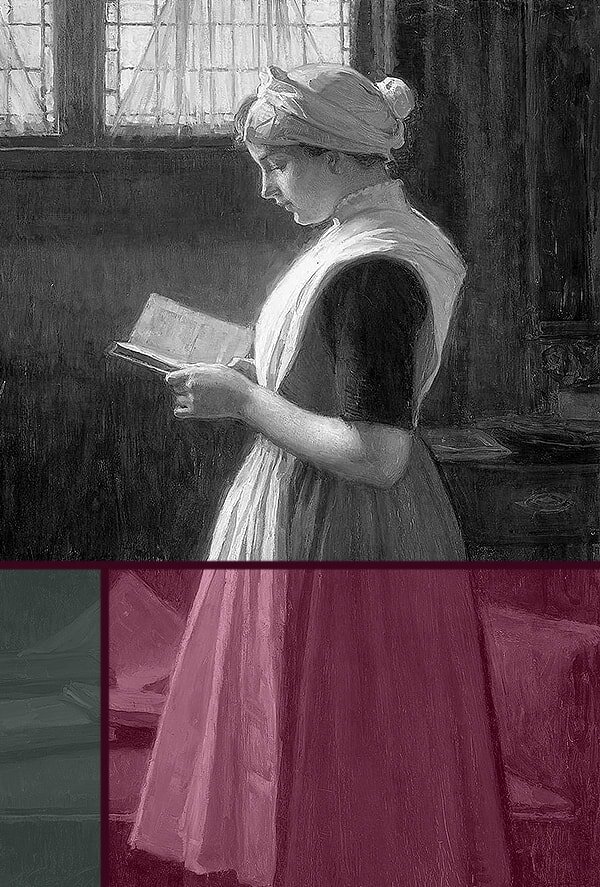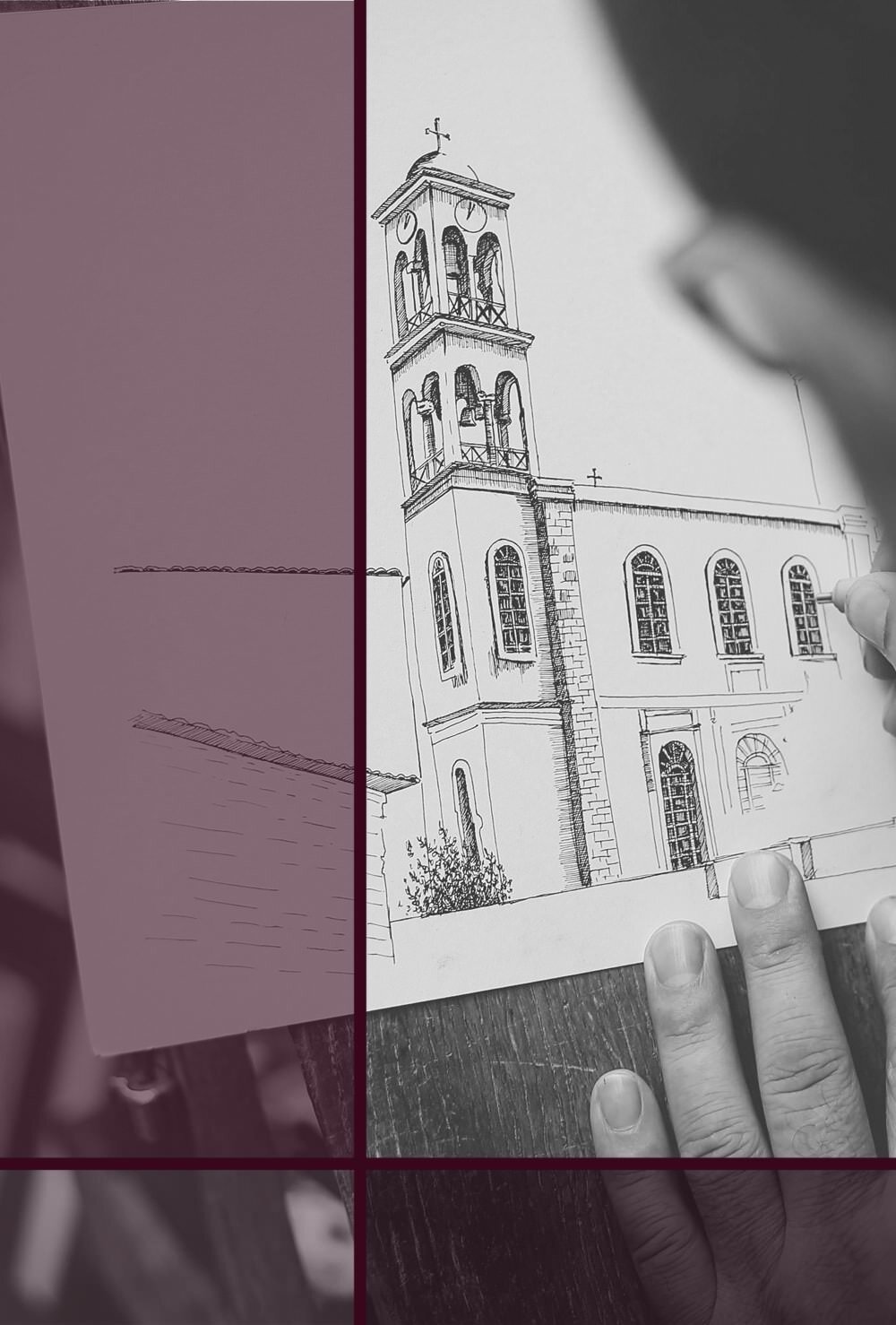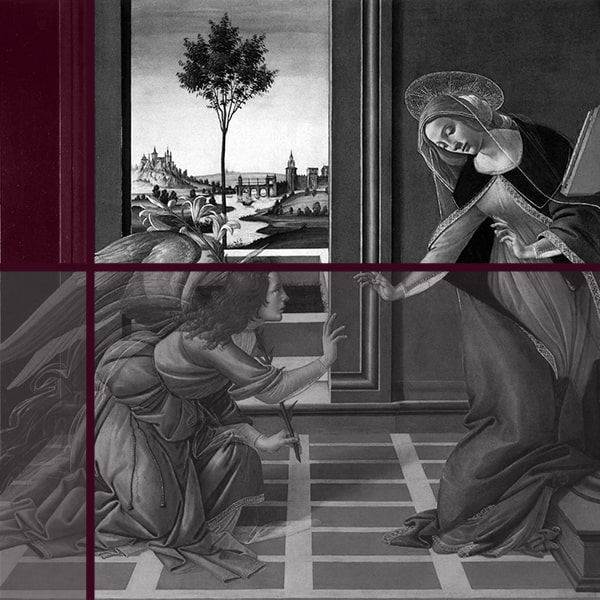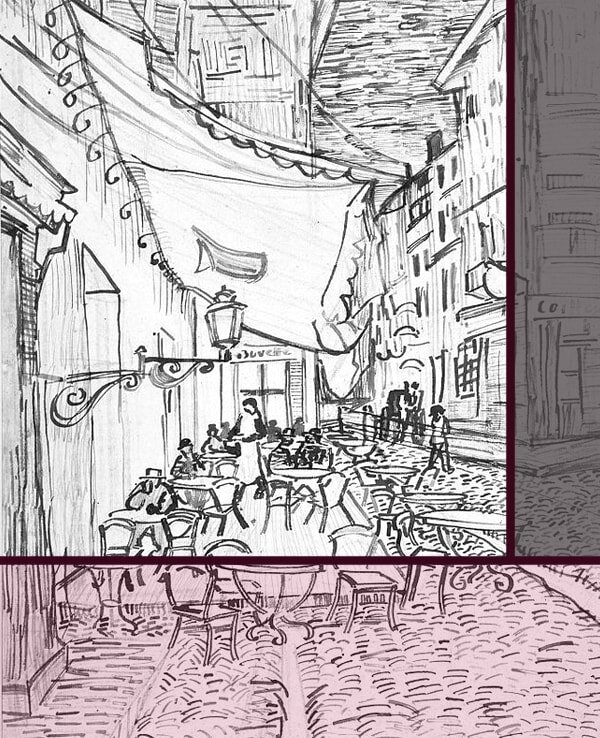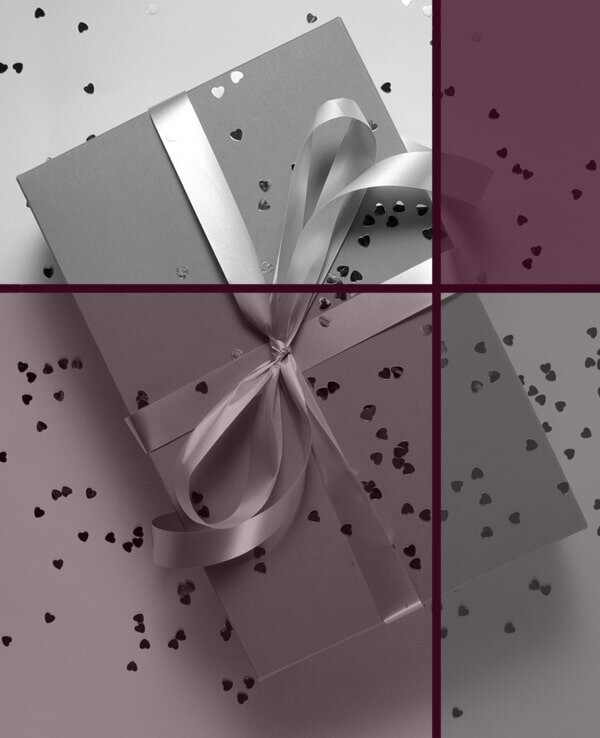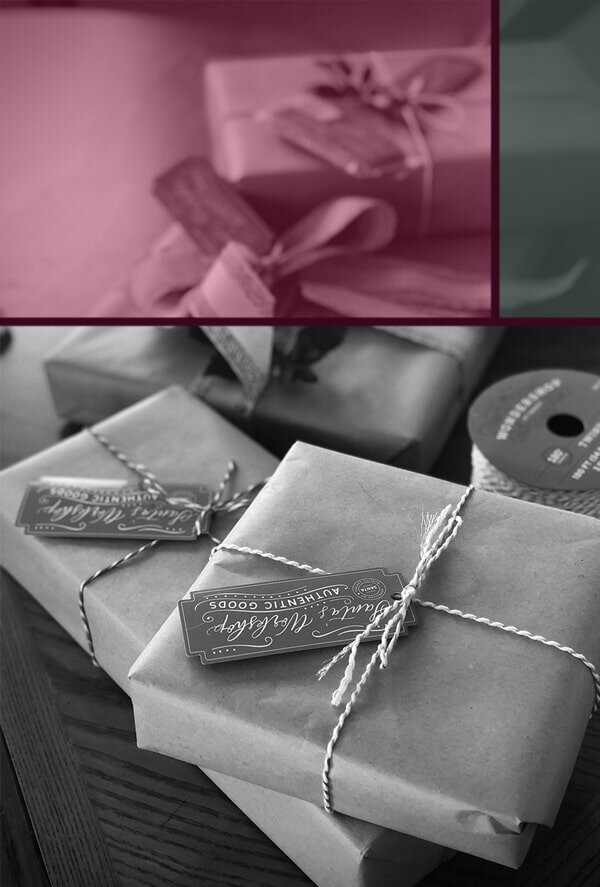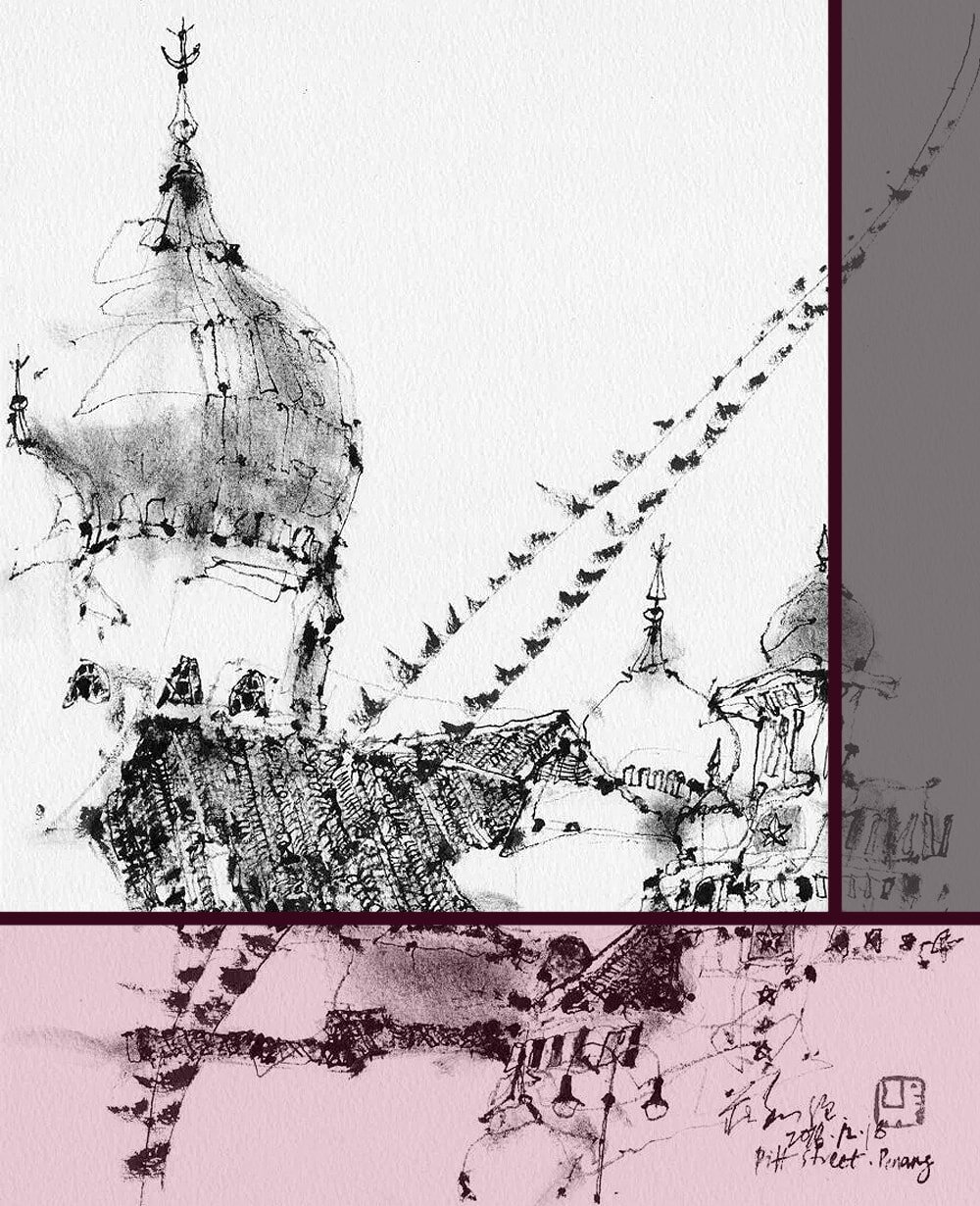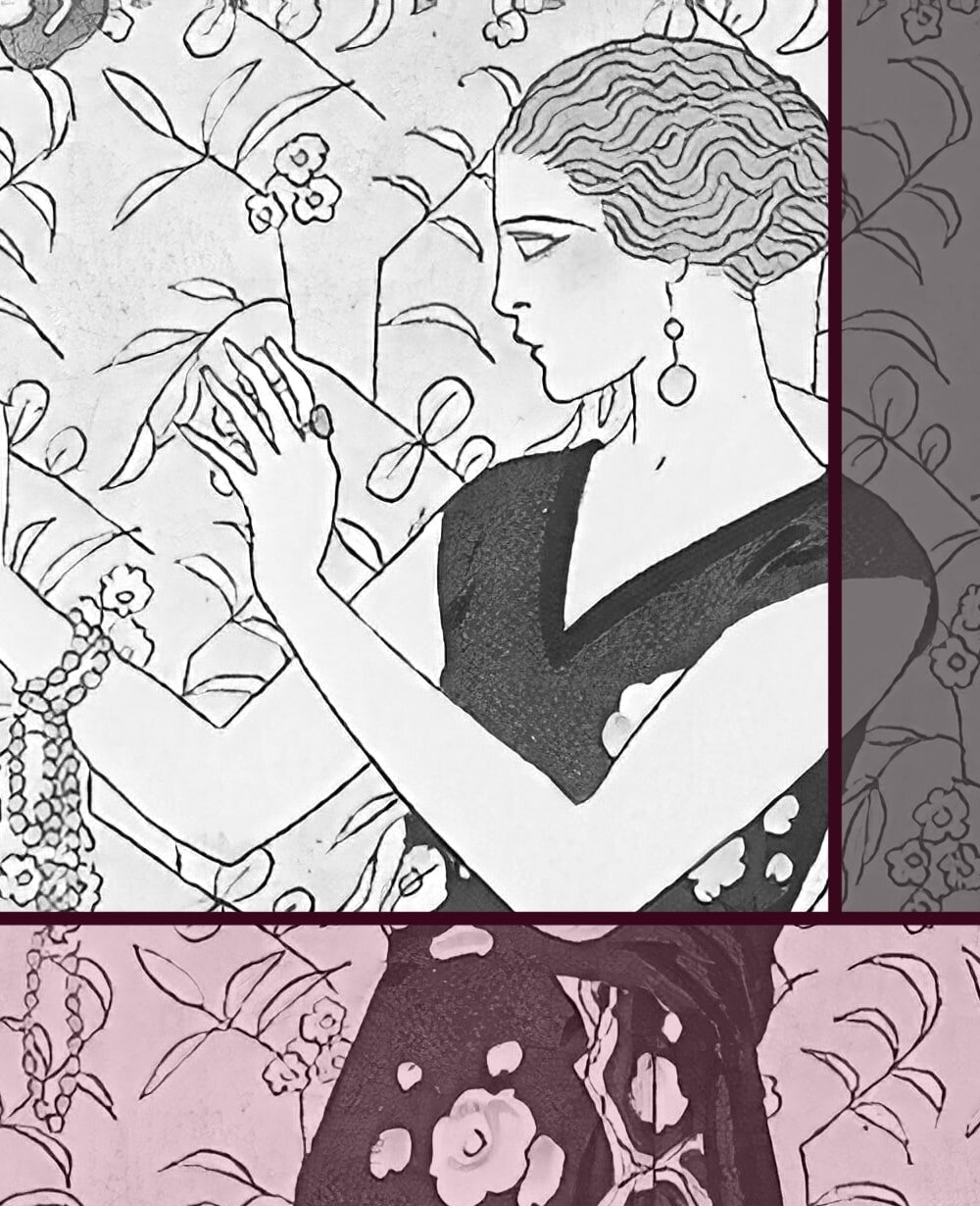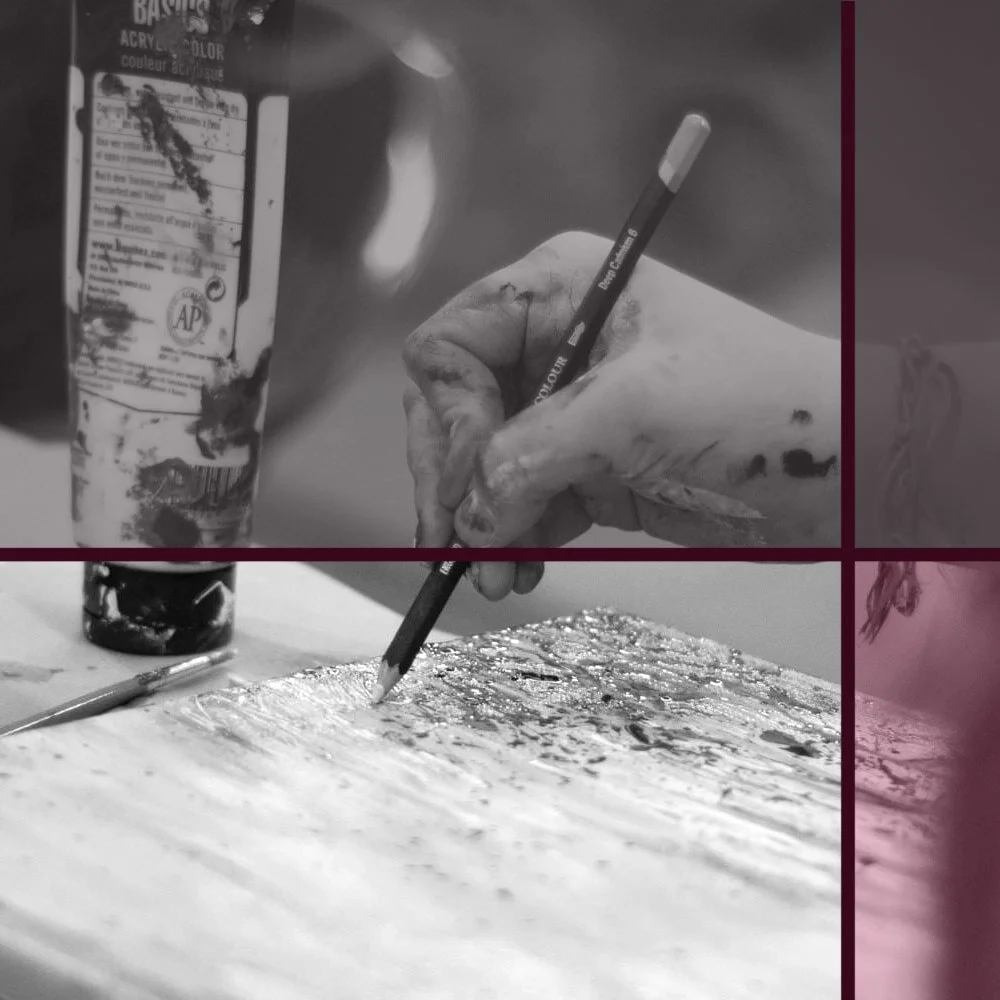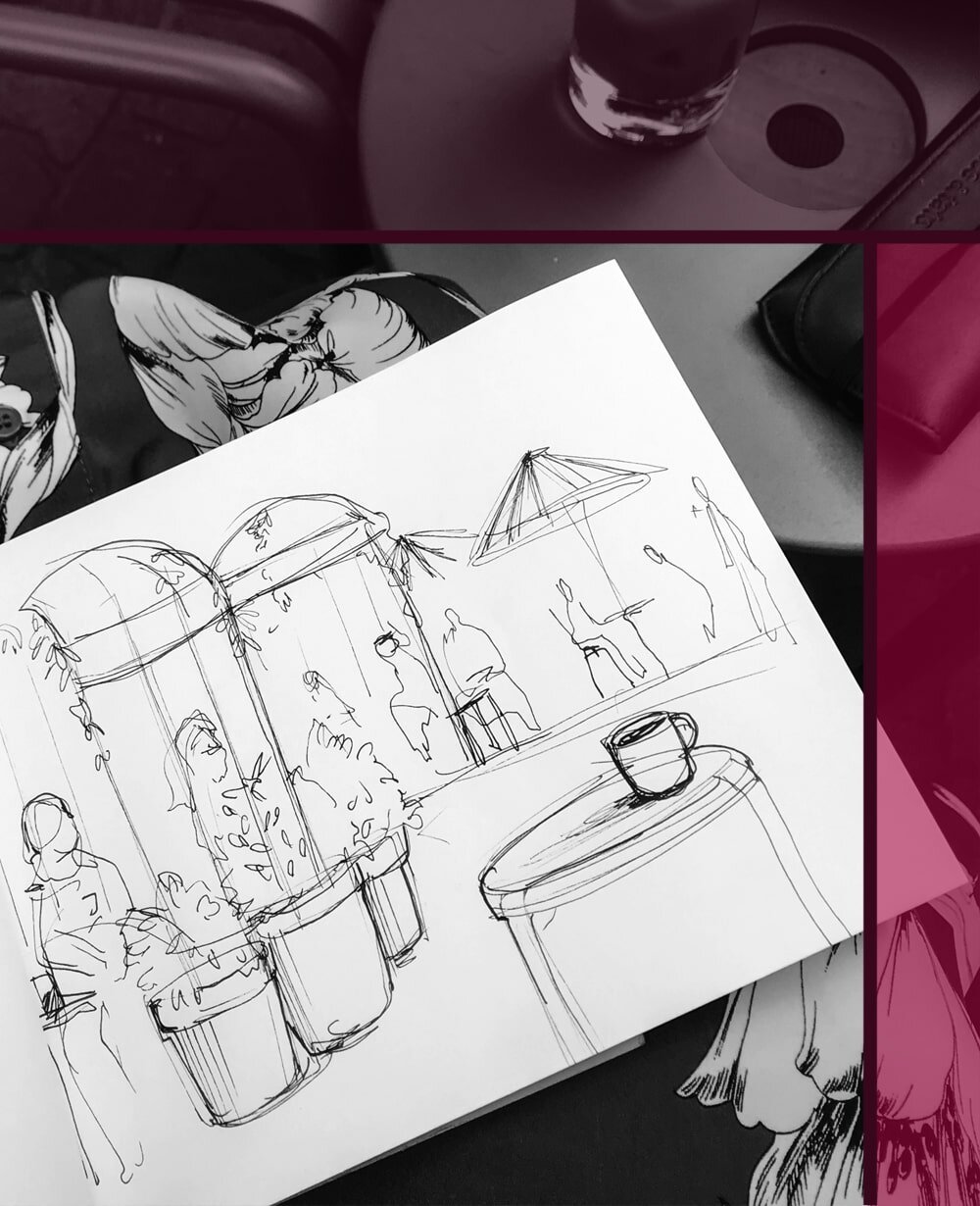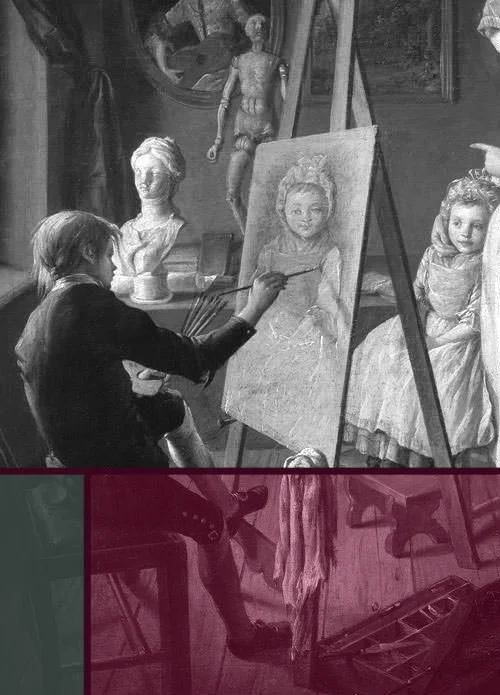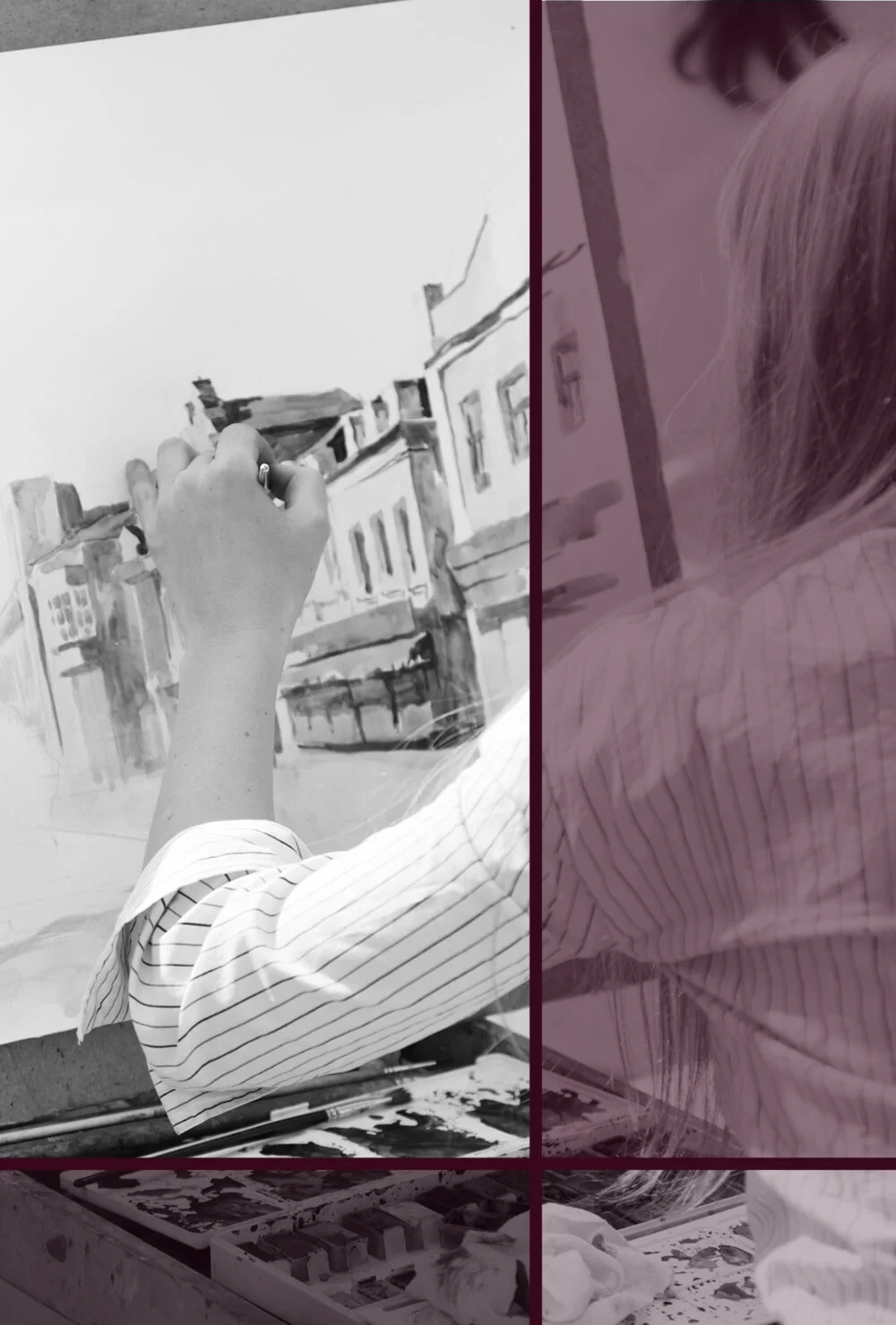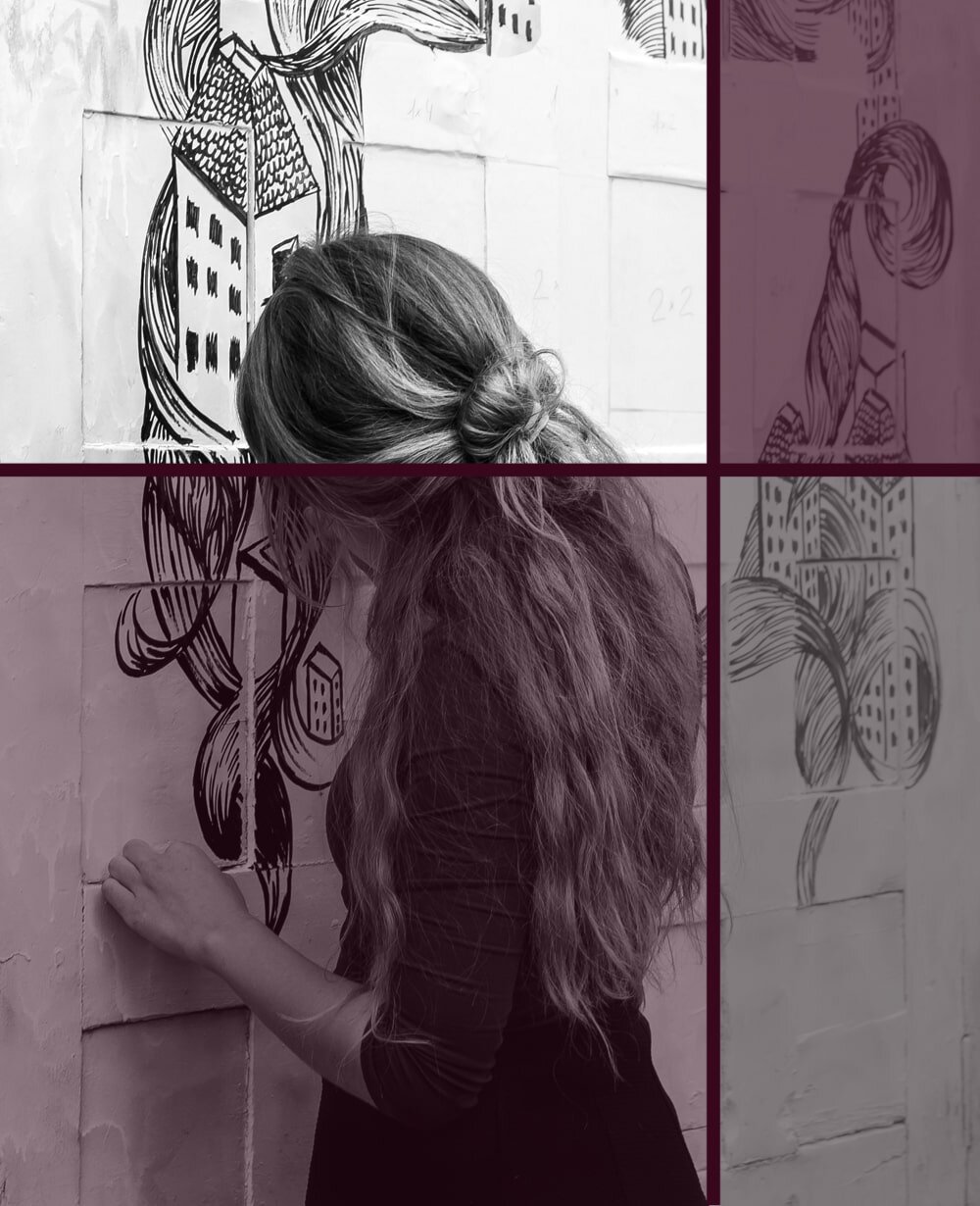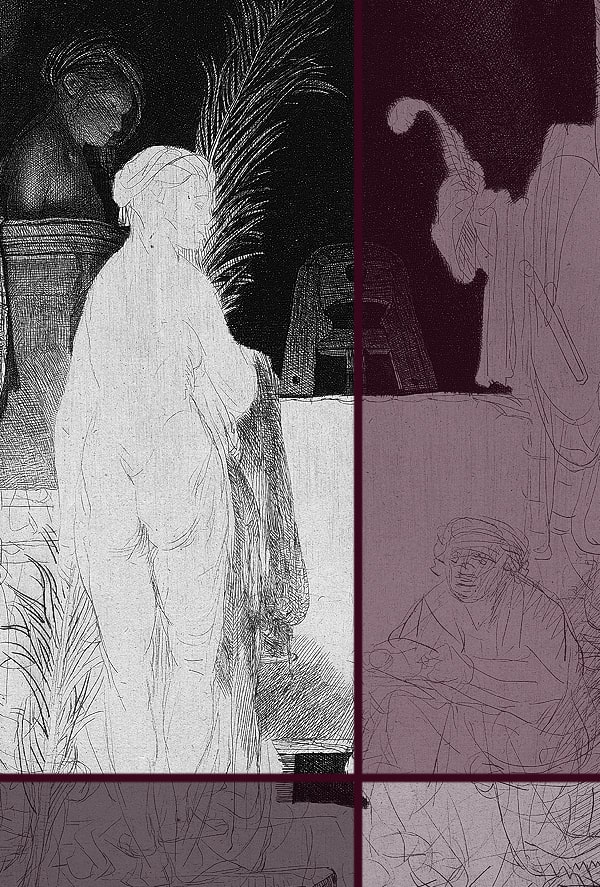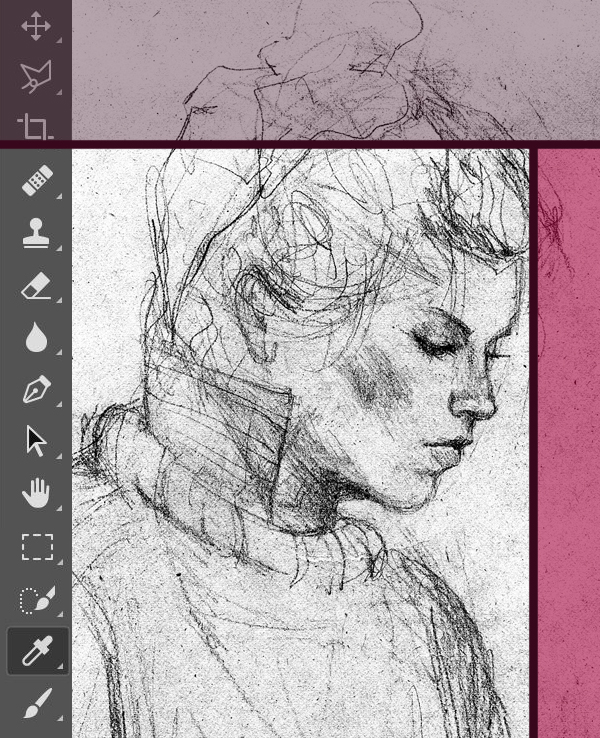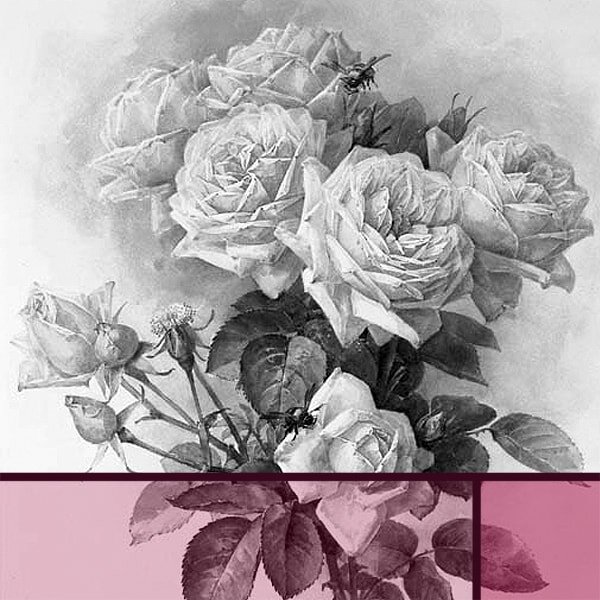10 amazing Books every Artist should Read this Year
Sometimes even an artist wants some time off from drawing or sculpting and instead do a little research or simply read for fun. And there are so many fantastic books out there, about art, artists, creativity and every good thing!
Most of the books on this list I own myself, so I can reliably say they’re good reads, from the first chapter to the last.
The Letters of Vincent Van Gogh
If like me you couldn't get enough of the few letter snippets read in the van Gogh film ‘Lust for Life’ this book is for you. It includes (though partly shortened) many of the letters van Gogh has sent over the years, to his brother Theo, other family members and artist friends like Paul Gauguin.
This is especially fascinating because van Gogh committed to the arts so “late" in his life (in his 30s), so the letters follow him on his journey from the very beginning and give us valuable insights into the joy and despair of learning to draw and paint.
Pen and Ink Drawing: A Simple Guide
I stumbled across a YouTube tutorial from Alphonso Dunn a couple of months back, and let me tell you, he had me in seconds. The guy is talented, super inspiring and enthusiastic without sounding like he wants to sell me car insurance. I appreciate that.
Technically the book is about pen & ink drawing but I had a hunch it would be useful for pencil and other tools, too, so I ordered it anyway. I love it when my hunches pan out. Especially the chapter on stroke variation is such an eye opener.
I tend to use a marker to highlight important passages in my books, but with this one I gave up after a few chapters because I was basically turning the entire thing pink. That’s how good it is.
The Illustrated Story of Art
This rather heavy book was my last Christmas present to myself. It's well written, super interesting and oh so beautiful with the glossy pages and crisp prints.
Can you be a good artist without knowing anything about art history? Sure you can. Having an extensive knowledge of Egyptian symbolism and painted Renaissance ceilings is not mandatory to enhance your skill set. But it sure doesn't hurt to know at least a little bit about it, either.
Conscious Creativity: Look, Connect, Create
This sort of book, this one in particular, is my go-to when I’m in need of some comfort without wanting to actively do something (like making art myself). It’s the kind of thing I’d read with a cup of hot chocolate on the porch in autumn (if I had a porch).
Not only is the book itself super pretty (I do judge books by their cover and I’m not sorry for it), it’s also incredibly useful if you’re feeling a little uninspired. It has a lot of ideas and tips of what to do to open yourself up to creativity, if you will, and reminds us where it can be found if it seems to elude us.
Letters to a Young Poet
Look, I'm not going to lie. I didn't come across this little gem of a collection of letters in my grandfather’s home library or during book club. I heard about it on Sister Act 2. Yes, the film with the all the singing nuns.
But it was definitely worth my time and money. It has a lot of thoughts and advice on being an artist (not just a poet), most of all of course the famous quote: "Don’t ask me about being a writer. If, when you wake up in the morning, you can think of nothing but writing... then you’re a writer."
Artist's Drawing Techniques
I bought this book last year and have used it many times since. It's quite thick, incredibly comprehensive (even if a little repetitive in parts) and I have never regretted the investment.
It has chapters on basically any drawing technique, from charcoal to ink, with a lot of colour theory and information on how to compose and develop a drawing, from the first stroke to the finishing touches (though I also have a blog post about just that, if you’d like some free tips).
Mindset: Changing the Way you think to fulfil your Potential
They’re not for everyone, these self-help books. I most certainly didn’t care for any of them, until I realised how arrogant it was of me to assume I know everything already, and more than someone with a PhD who’s been researching the same topic for decades.
If there is even one little thing I can learn from such books that’ll give me the edge to sort out whatever tiny nuisances I still have in my day to day life, it’s surely worth my time.
And who of us can’t do with a bit of encouragement and advice on how to stay focused and keep that motivation up for new projects.
The Urban Sketching Handbook
I have literally just finished reading this one and I am so pleased with it. Having worked my way through various very detailed drawing books recently I wasn’t expecting to learn much new stuff from this rather thin book with a paragraphs or two per ‘sketching tip’, but I was luckily mistaken.
Author Stephanie Bower clearly knows what she’s on about and her advice on linework, perspective, composition and more is on point. I found myself highlighting almost half the book for future use.
Obviously this isn’t a standalone book and you’d need other works for more in-depth information on e.g. perspective (or my free blog posts), but it is a super useful top-up that’s clear, interesting and fun to read.
Leonardo da Vinci
Admittedly, I’m not usually a fan of biographies. I’d much rather work on my own skills (and life, for that matter) than reading about someone else’s achievements that I’ll probably never come close.
But da Vinci for some reason is different. It might be because so many of us have grown up with his works all around us and everyone knows at least a little bit about his crazy ideas and dedication to the arts.
His life was truly fascinating and inspiring. He’s like the fun uncle we’ve never met but that we definitely want to know more about.
And finally:
A collection of works of your favourite artist or style
Whoever and whatever that may be. Ideally, of course, with some information on the works, materials, motivations and so on.
Most new artists make massive progress by copying the big masters. And learning everything there is to learn from a particular piece takes quite a bit longer than one wants to spend standing in an art gallery. If one’s favourite artist is featured there in the first place.
Be it Monet, Rothko, Luis Royo or Anselm Kiefer (on my own wish list for next Christmas), with a bit of luck there’s an art book available, or at least a few prints, for you to study, learn from and aspire to.
You can also find some great online courses on my Recommended Resources page.
Did you enjoy this article or feel like you have anything else to add? Feel free to leave me a comment below!
If you like this post, please share it, so others may like it too!
